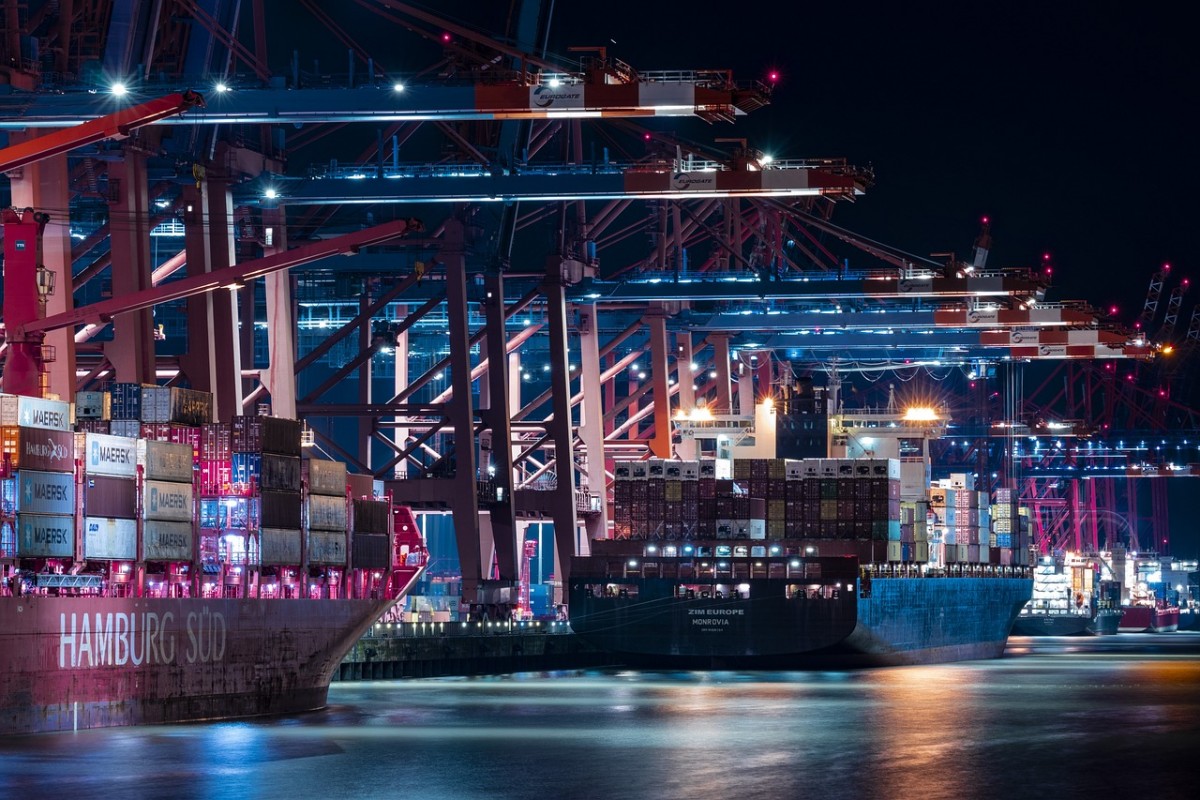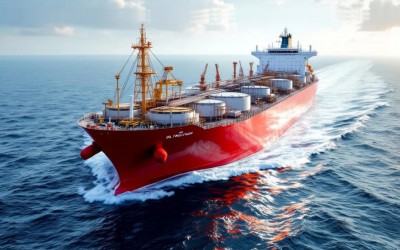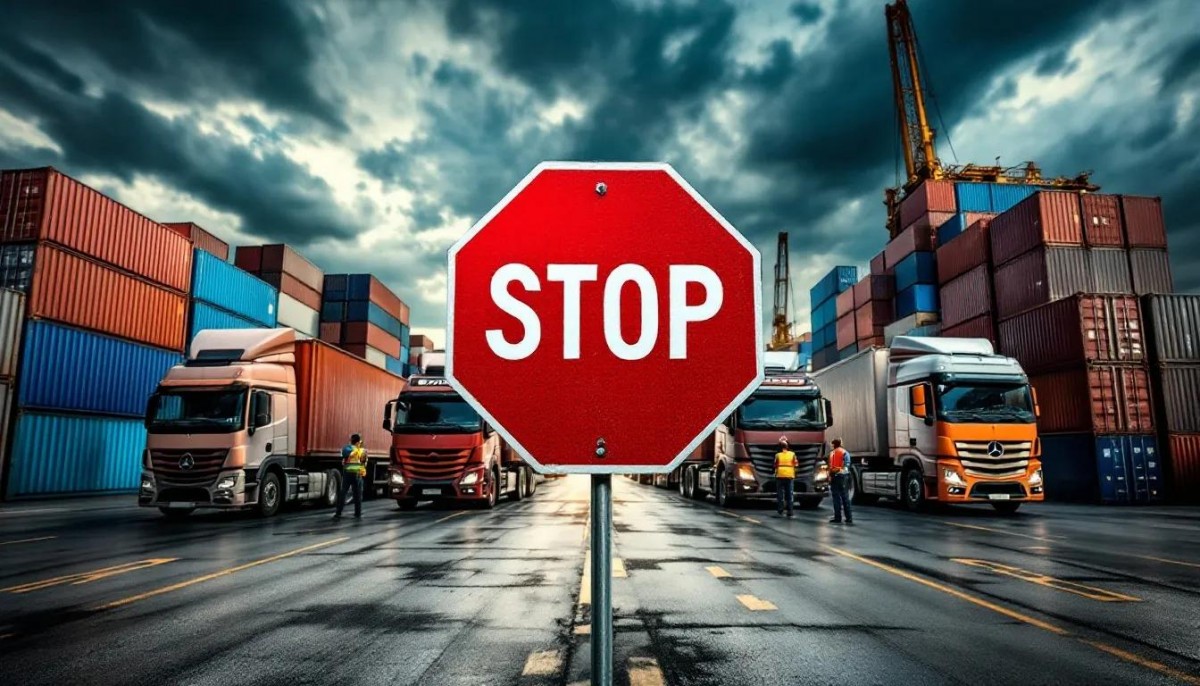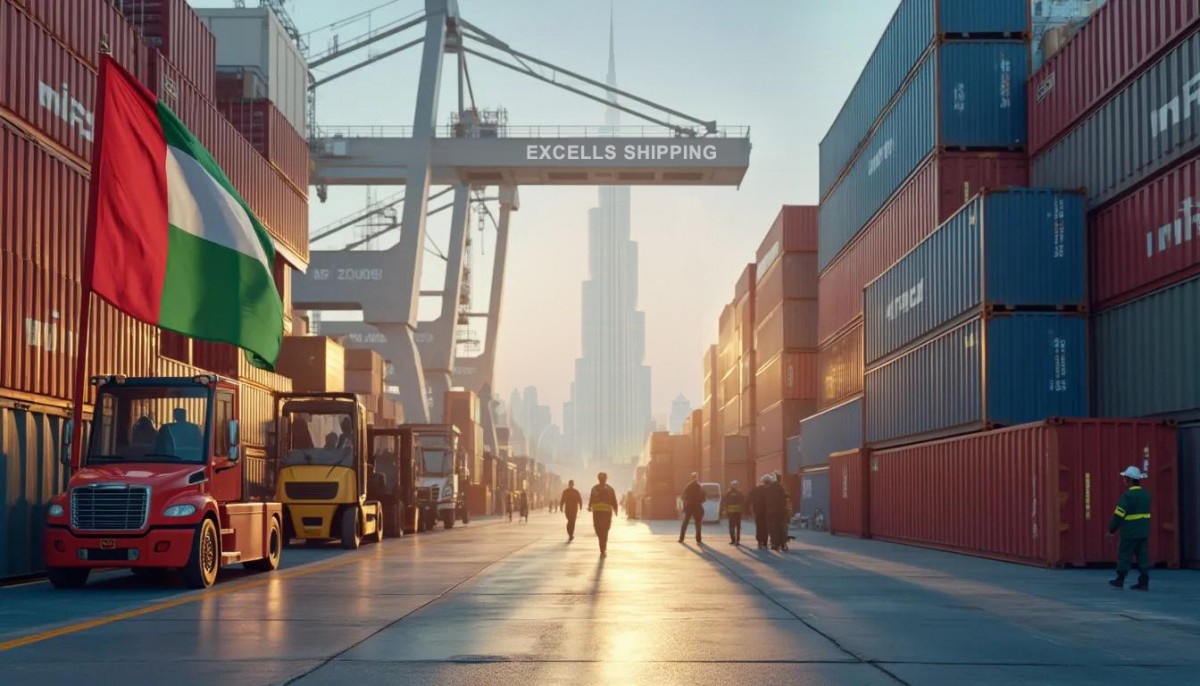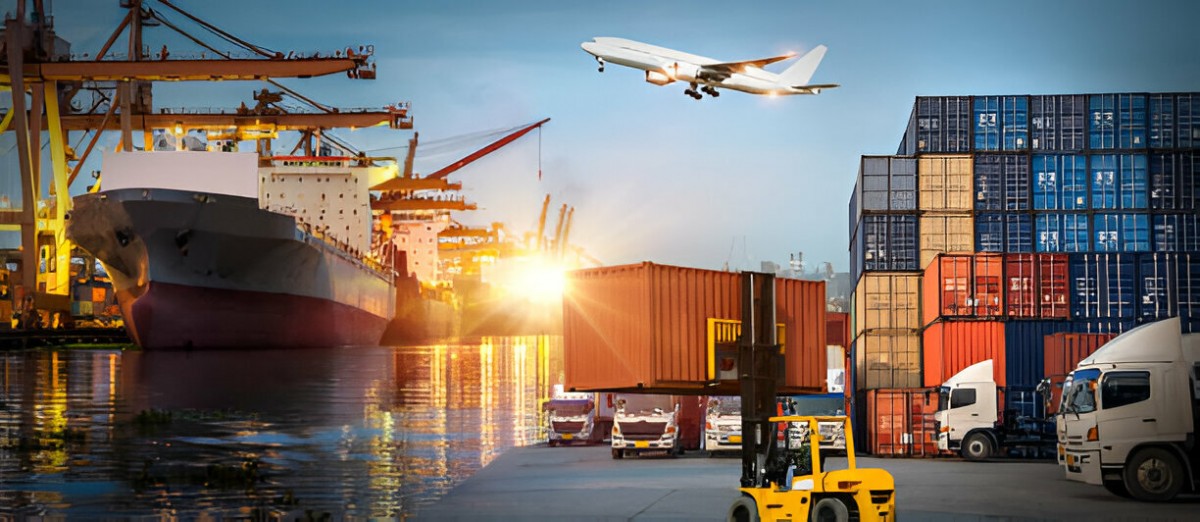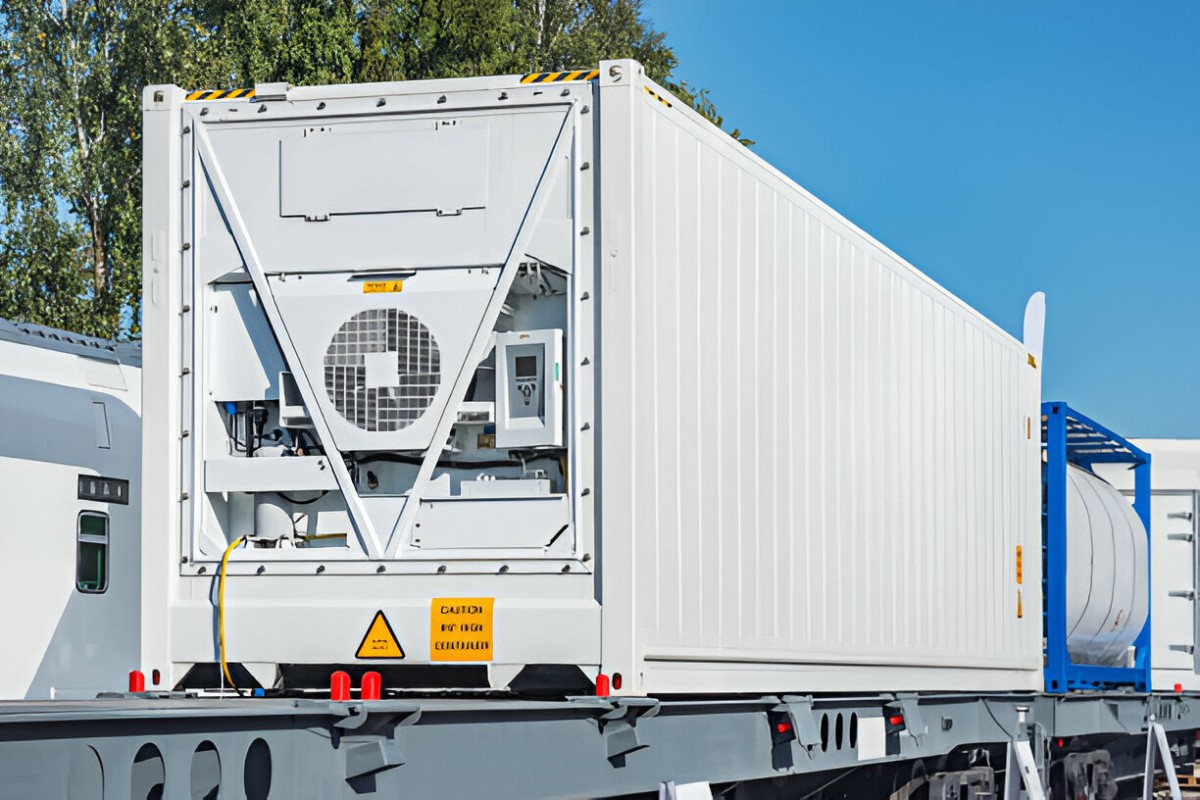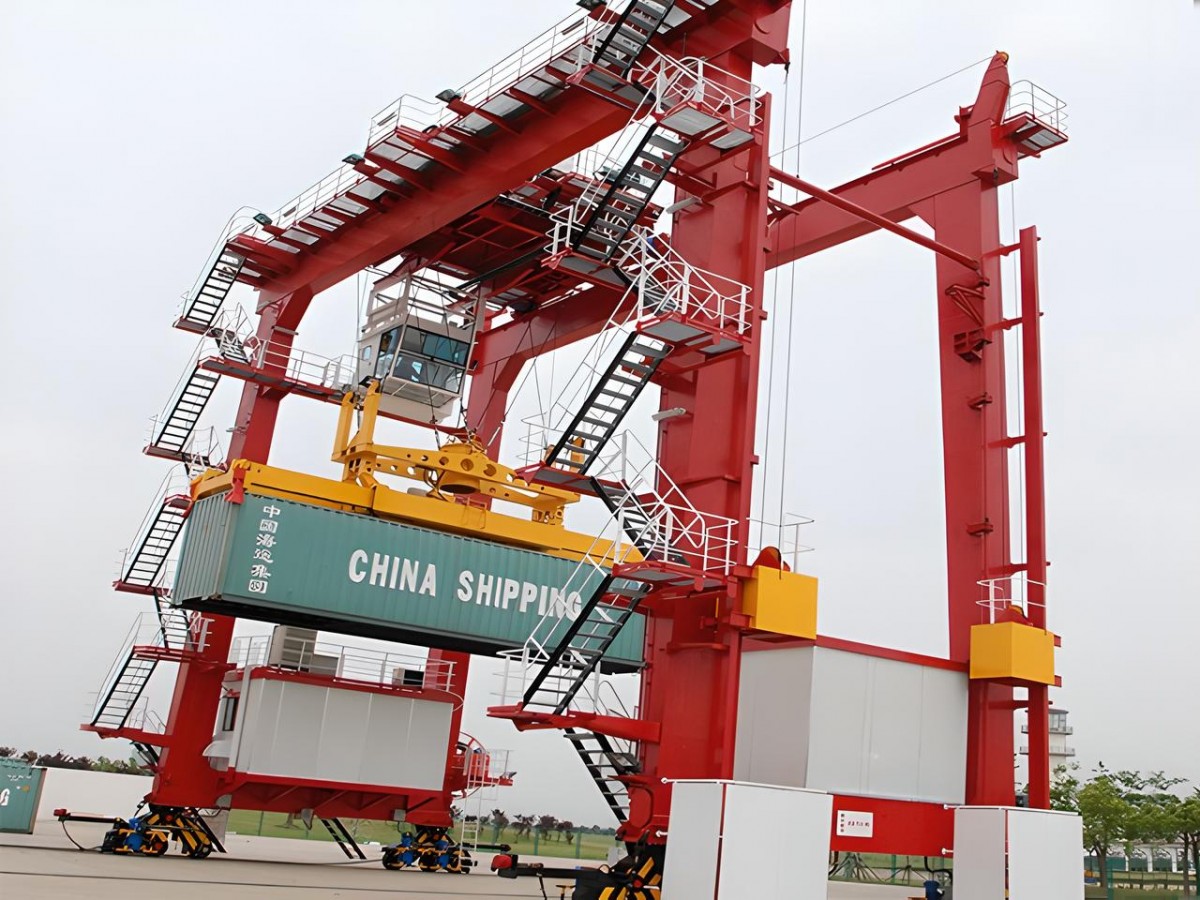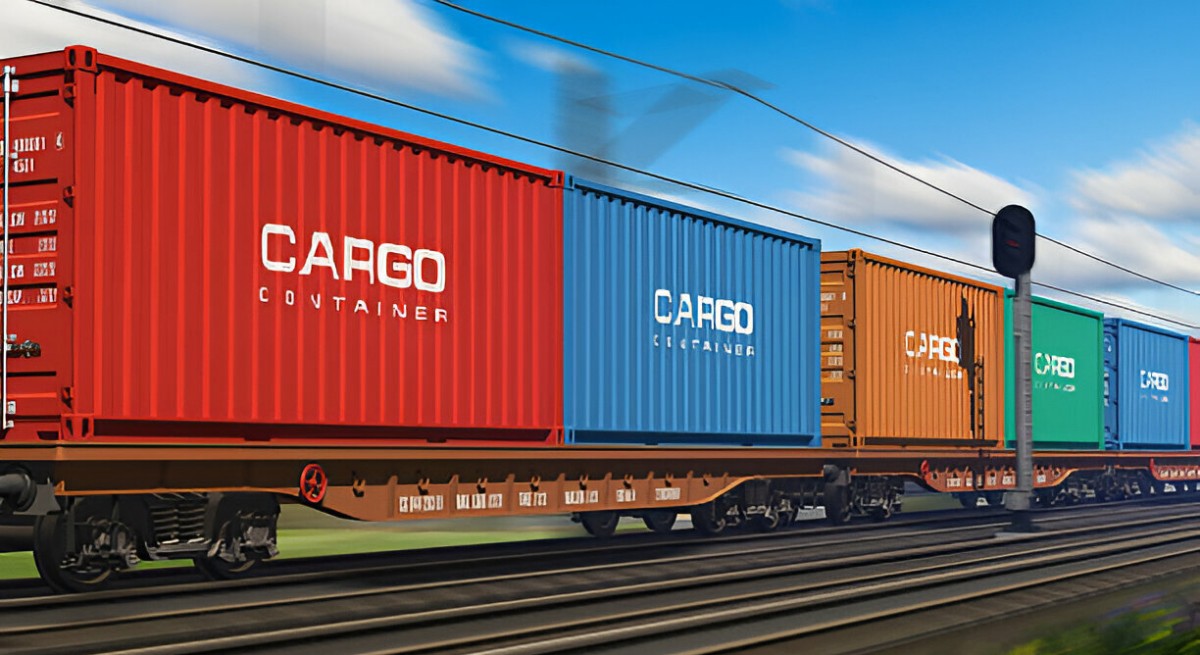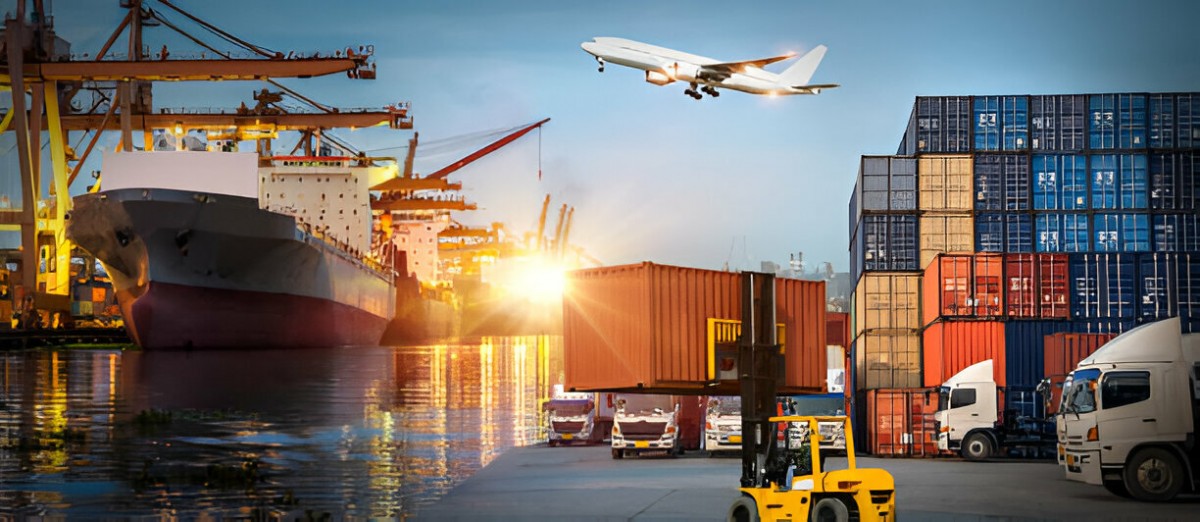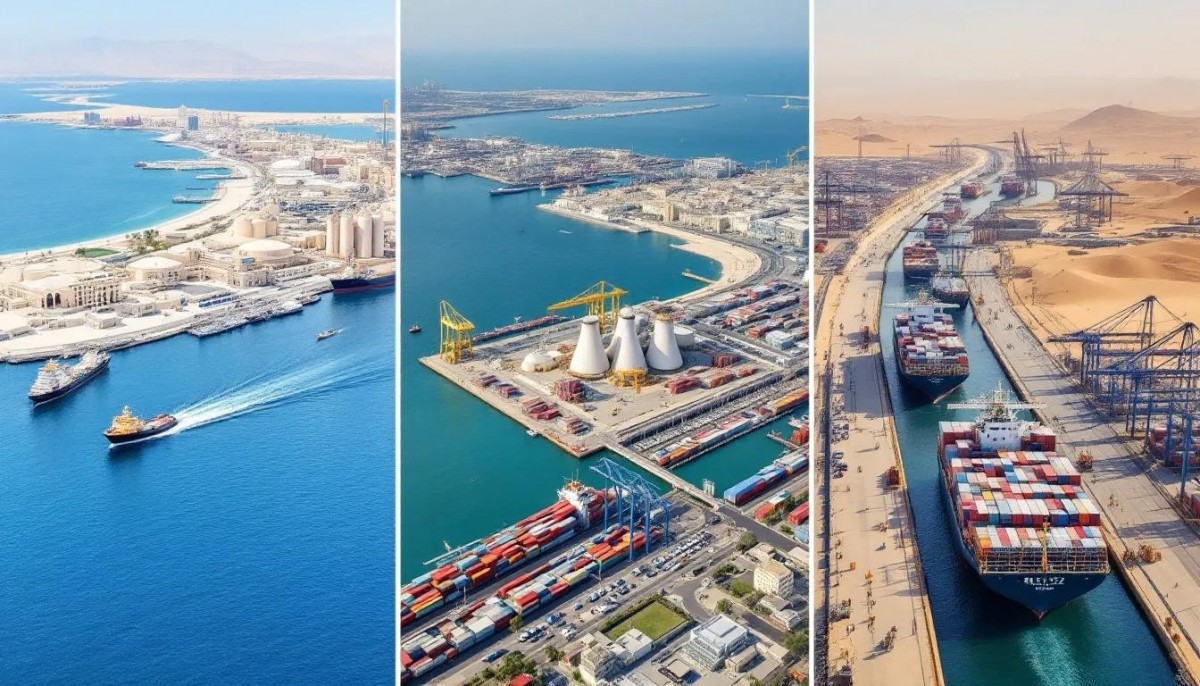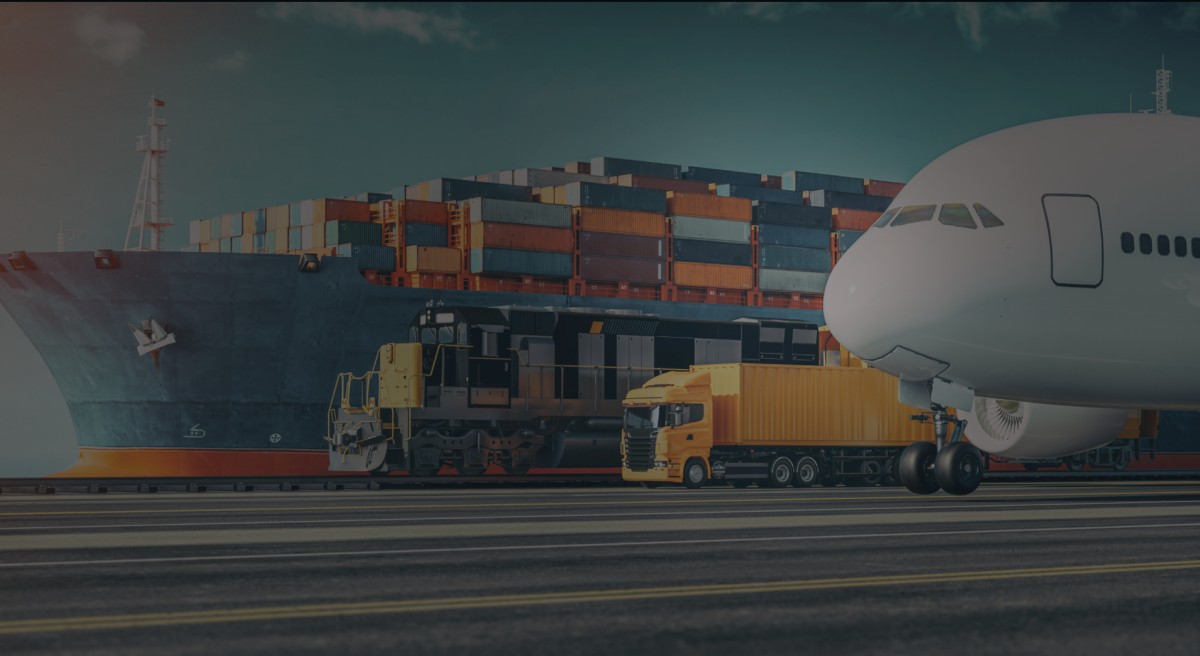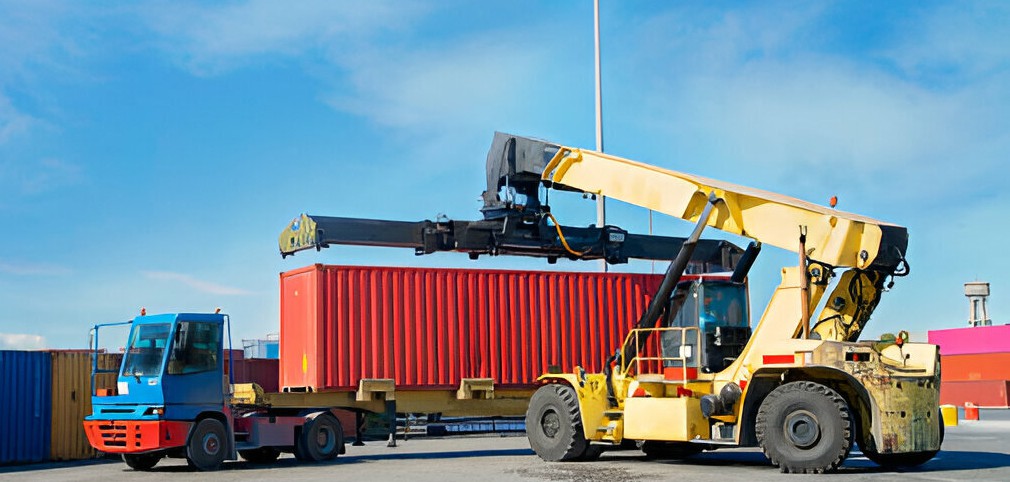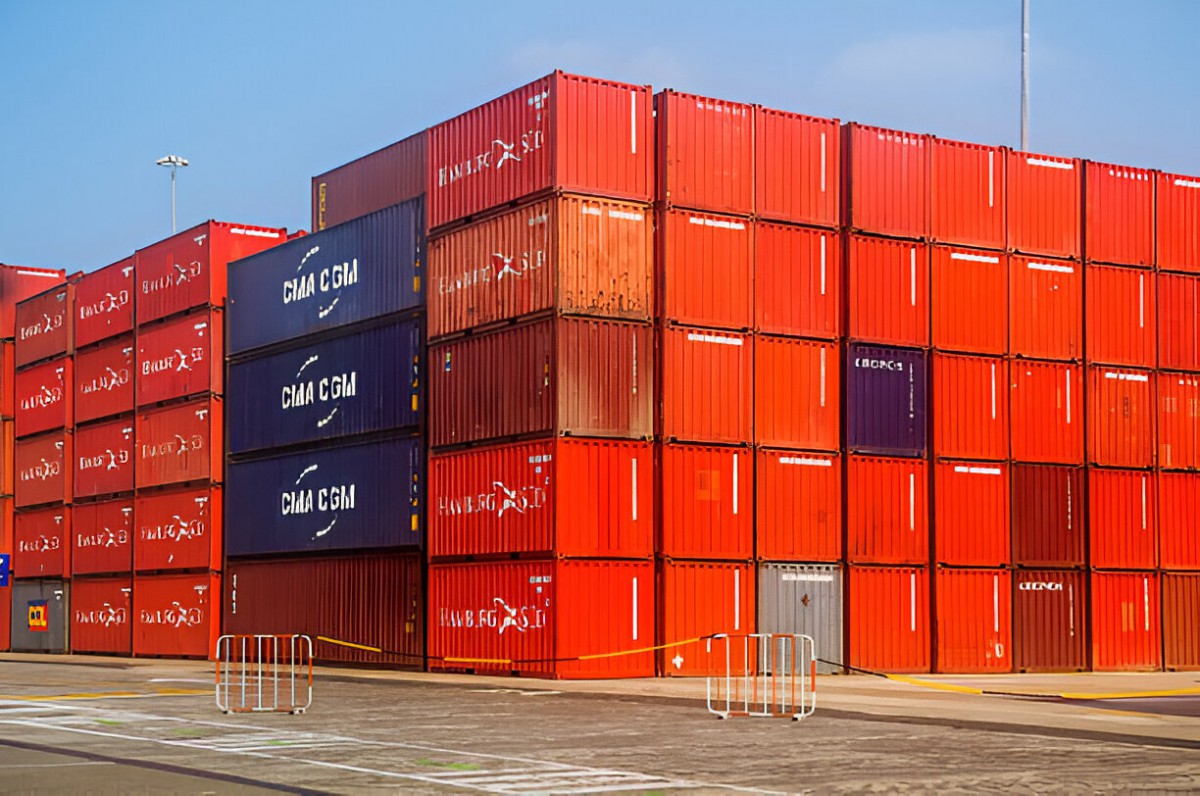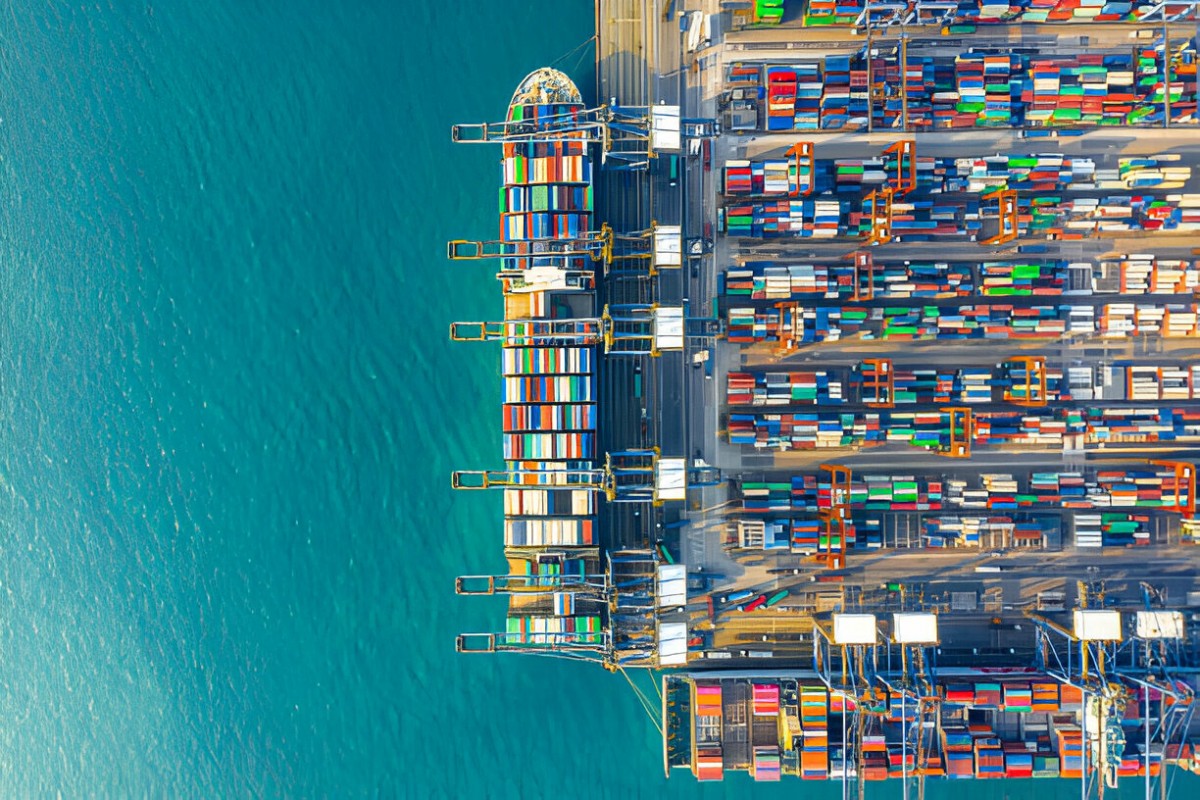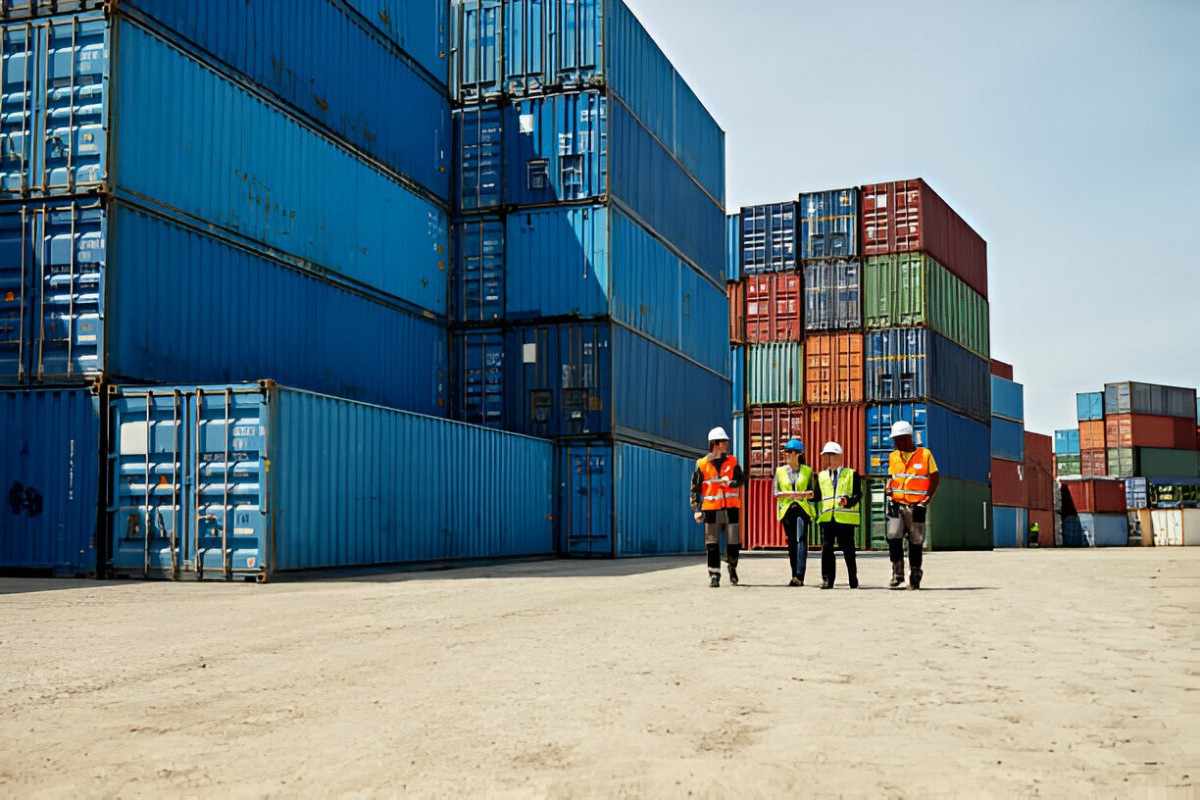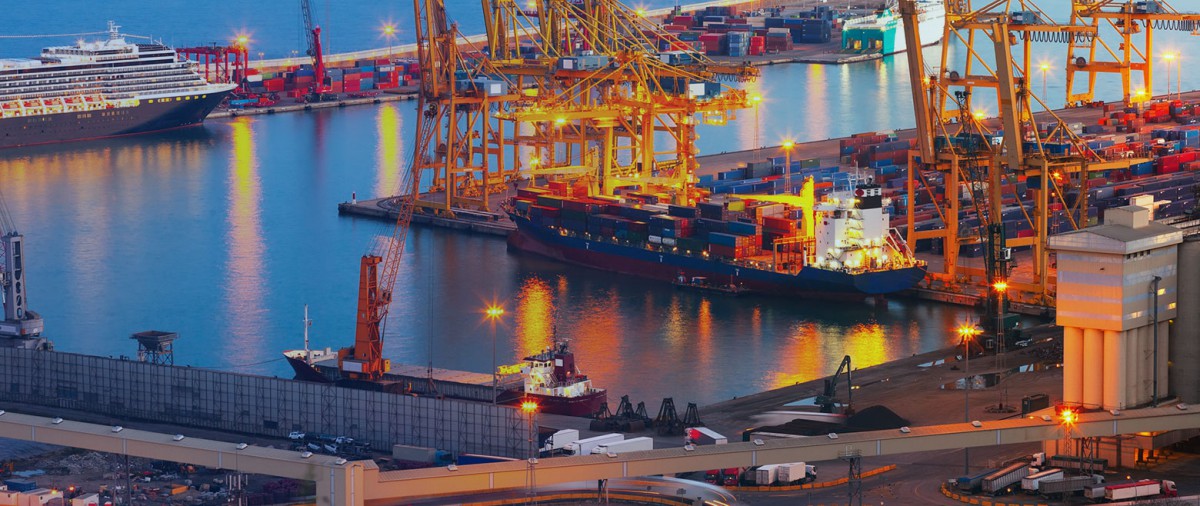Understanding key terms like cargo, logistics, freight forwarding, lowbed transport, bill of entry, and ports helps in navigating this complex industry.
Cargo: The Heart of Global Trade
Cargo refers to the goods or materials being transported, usually by ship, plane, truck, or train. These goods can range from small, lightweight parcels to large, heavy machinery. Cargo is often categorized based on its nature:
- General Cargo: Ordinary goods, such as textiles, electronics, or machinery, that are shipped in bulk or in containers.
- Bulk Cargo: Unpackaged goods, such as grains, coal, or petroleum products, usually transported in large volumes.
- Perishable Cargo: Goods that need special conditions, like temperature control, to maintain their quality during transportation (e.g., fresh food, pharmaceuticals).
- Dangerous Goods: Items that require special handling due to their hazardous nature, like chemicals, explosives, or gases.
Logistics: The Backbone of Supply Chains
Logistics is the overall process of planning, implementing, and controlling the efficient movement and storage of goods from the point of origin to the point of consumption. The goal of logistics is to ensure that cargo is delivered in the most cost-effective and timely manner while maintaining its condition.
Logistics can be broken down into several key activities:
- Inventory Management: Ensuring the right quantity of goods is available when needed.
- Transportation: Selecting the most suitable mode of transport based on the type of cargo, time constraints, and costs.
- Warehousing: Storing goods safely until they are ready for further transport or sale.
- Distribution: The process of delivering goods to the final destination, such as retailers or consumers.
- Supply Chain Coordination: Managing the flow of information, materials, and services from suppliers to customers.
Efficient logistics involves the integration of technology, infrastructure, and various processes to streamline these activities.
Freight Forwarding: Facilitating Global Trade
A freight forwarder is a company or individual that arranges the transportation of goods on behalf of the cargo owner. Freight forwarders do not physically move the cargo themselves but act as intermediaries between the shipper and transportation services, negotiating rates and ensuring the smooth transit of goods.
Freight forwarding services include:
- Customs Clearance: Handling the necessary paperwork and legal requirements for shipping goods across borders.
- Cargo Insurance: Offering insurance coverage to protect goods during transit.
- Warehousing: Providing temporary storage solutions before, during, or after transportation.
- Consolidation: Combining smaller shipments into one larger shipment to reduce costs.
- Documentation: Preparing essential documents like the bill of lading, commercial invoice, and packing list.
A good freight forwarder is crucial for navigating the complex world of international shipping, ensuring that goods reach their destination safely, on time, and in compliance with all regulations.
Lowbed Transport: Moving Oversized Cargo
Lowbed transport (or lowboy trailers) is a type of trailer used for hauling oversized and heavy cargo that cannot be transported using standard trucks. Lowbed trailers have a lower deck height, which allows them to carry tall and bulky equipment while maintaining clearance under bridges and tunnels.
Lowbed transport is typically used for:
- Construction Equipment: Bulldozers, cranes, and excavators.
- Industrial Machinery: Large industrial machines that are too heavy or too tall for normal road transport.
- Heavy Vehicles: Military tanks, fire trucks, and other specialized vehicles.
- Wind Turbine Components: Large blades and other parts used in renewable energy projects.
This specialized form of transport requires careful planning, route assessment, and sometimes even permits from local authorities, especially when moving goods across international borders.
Bill of Entry: Essential for Customs Clearance
A bill of entry is a legal document that is required by customs authorities when goods are imported into a country. This document is submitted by the importer or their agent and provides essential information about the cargo, such as:
- Description of the Goods: What is being imported.
- Value of the Goods: The cost of the cargo, which determines the customs duty payable.
- Quantity: The amount of goods being brought into the country.
- Harmonized System (HS) Code: A standardized code used internationally to classify goods for customs purposes.
The bill of entry is crucial for customs clearance and ensures that the correct duties and taxes are applied to the imported goods. Without this document, the cargo cannot be released from the port or customs area.
Ports: Gateways to Global Trade
A port is a facility located at the edge of an ocean, river, or lake where ships dock to load and unload cargo. Ports are vital hubs in the global supply chain, connecting maritime transport with inland distribution networks. They handle a wide range of cargo, including containers, bulk goods, and specialized items.
Key functions of a port include:
- Cargo Handling: Loading and unloading goods from ships using cranes, forklifts, or other machinery.
- Customs Inspection: Ensuring that all imported goods comply with local regulations and are properly documented.
- Storage: Providing temporary warehousing for goods awaiting transport.
- Logistics Services: Offering a range of services like freight forwarding, packaging, and consolidation.
Ports play a critical role in global trade, serving as points where international goods enter or leave a country.
The world of cargo, logistics, freight forwarding, lowbed transport, bill of entry, and ports is vast and multifaceted. Each element plays an important role in ensuring that goods move efficiently from their origin to their destination. By understanding these key terms, businesses can better navigate the complexities of global trade and optimize their supply chains for greater success.

